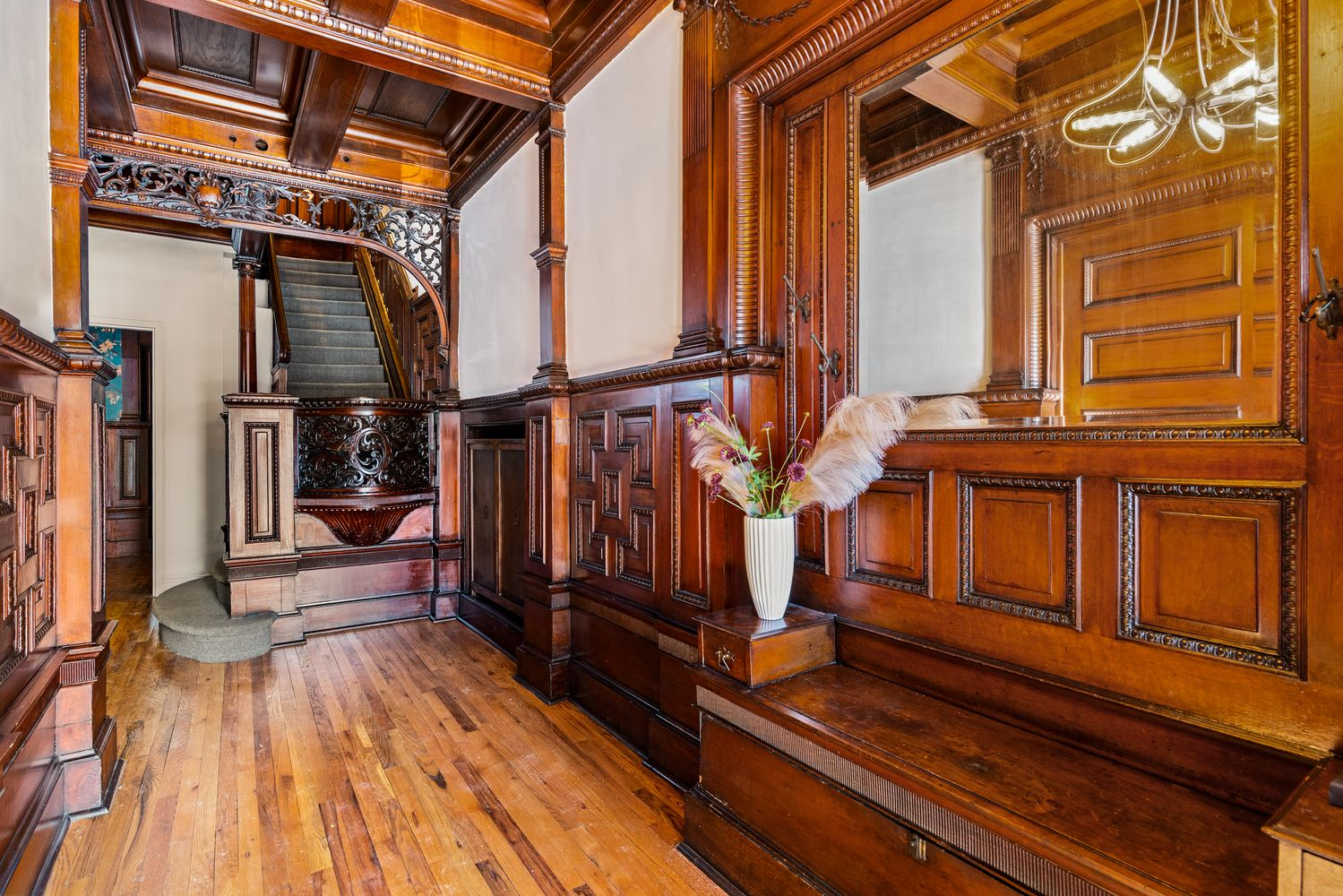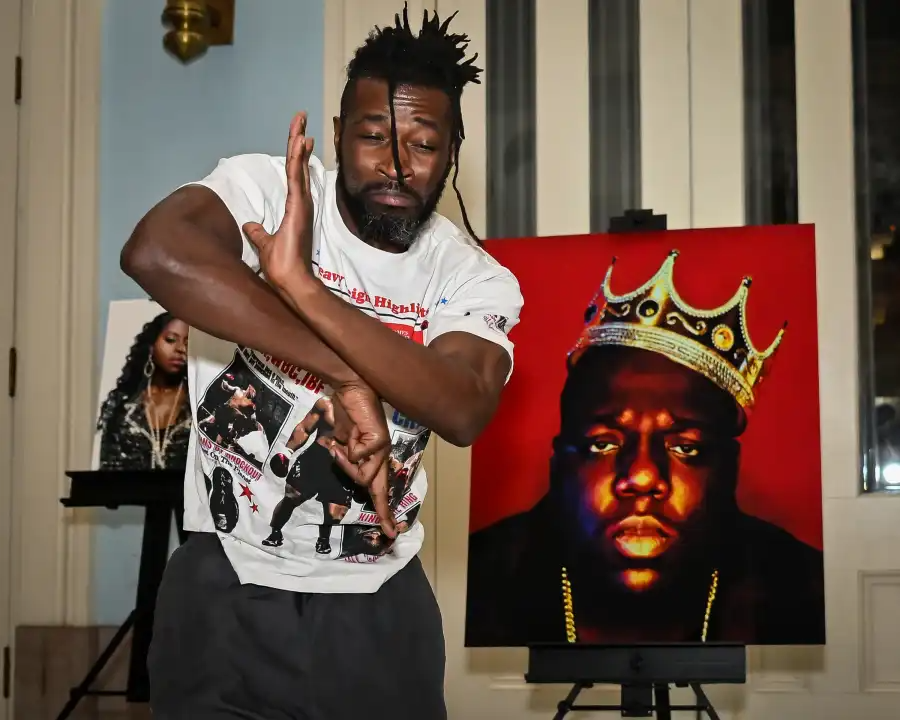Tips for Getting the Best Mortgage for Your Situation — From an Experienced Professional
Working with an experienced mortgage professional could help you identify potential issues early in the mortgage process.

Portrait via Barry Koven, other photos via Unsplash
In this series of articles, Barry Koven, originating branch manager at CrossCountry Mortgage in Brooklyn, explains some basic facts about mortgages and demystifies the process of getting one.

A home is potentially the largest purchase of your life and should be taken very seriously. That’s why you should work with an experienced professional when obtaining a mortgage — it’s no different than wanting an experienced doctor for your healthcare or an experienced attorney for your legal affairs.
Working with a professional could help you identify potential issues early in the mortgage process, such as:
Does your income qualify?
Mortgages are ultimately approved by an underwriter. However, your loan originator is your first point of contact and will know whether your income will qualify you for the mortgage you are seeking. Mortgage income calculations can be extremely detailed, including incorporated guidelines and parameters specific to mortgages that are “in the weeds.” Unique calculations are used in the mortgage industry, especially for self-employed workers or if you own other real estate.

Are your assets accounted for?
Certain types of assets may not be allowed, like cash for example. All funds must be seasoned and verified, and all large deposits need to be accounted for.
Are there issues with the property?
Your property must be completely habitable and pass an appraisal. If it is a co-op or a condominium, not only do you have to be approved, but the building must be approved as well. There could be legal, budget or investor concentration issues.
Some properties have title or identity issues and may not be a legal one- or multi-family home matching their certificate of occupancy (or perhaps they have no C of O). Maybe some work was done without a permit — these items must be buttoned up before a loan comes to fruition.
Should you use a bank or a non-bank lender?
A bank is usually a local, regional or larger national institution with retail stores, tellers, checking accounts and investment opportunities. They also offer mortgages. They most likely lend their own money, and you are limited to the products and programs of that individual institution only.
A non-bank lender, on the other hand, is most likely exclusively in the mortgage business and, in addition to closing and servicing many loans in their own name, will work with outside investors as well. Non bank lenders even have the ability to broker a loan, which opens up your mortgage product and program possibilities tremendously and has numerous advantages.

If you run into some of the issues listed above (income, asset or property issues), there may be more options available for you, even if the concerns are revealed during your purchase or refinance process.
There are several products and programs available, including:
• Mortgages for primary, second/vacation homes and investment properties
• Doctor programs
• Mortgages to $30 million for high net worth individuals
• Non warrantable condominiums and co-op financing
• Low down payment options
• Renovation loans for a purchase of a fixer-upper or a home you already own
• Reverse mortgages
• Asset depletion loan options
• Foreign buyers
Contact originating branch manager Barry Koven (NMLS #404510) via phone at 917.597.1330, email at barry.koven@myccmortgage.com or website at crosscountrymortgage.com/Barry-Koven.
[Photos via Unsplash except where noted otherwise]
Equal Housing Opportunity. All loans subject to underwriting approval. Certain restrictions apply. Call for details. All borrowers must meet minimum credit score, loan-to-value, debt-to-income, and other requirements to qualify for any mortgage program. CrossCountry Mortgage, LLC NMLS3029 (www.nmlsconsumeraccess.org). Licensed by the New Jersey Department of Banking and Insurance. Licensed Mortgage Banker – New York State Banking Department.






What's Your Take? Leave a Comment